
Similar Posts

What Are Some of the Physical Effects During Prostate Cancer Recovery
The word “cancer” is practically synonymous with “chemotherapy.” However, prostate cancer can be treated with a range of methods, from chemotherapy to cryosurgery. Every man will experience different effects during prostate cancer recovery, depending on the specific prostate cancer treatment. Talk to your doctor about what to expect, and make sure that you know all…
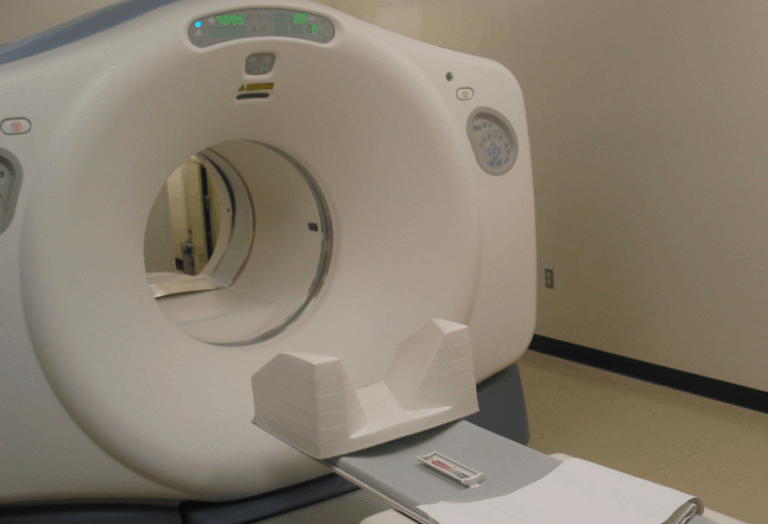
Focal Laser Ablation Therapy Update from NIH
Dr. Peter Pinto is one of the most respected urologic researchers in America. He is the Head of the Prostate Cancer Section of the Urologic Oncology Branch of the Center for Cancer Research (National Cancer Institute/National Institutes of Health). That’s a very long formal title for a man who is humble, personable and good-natured. His…
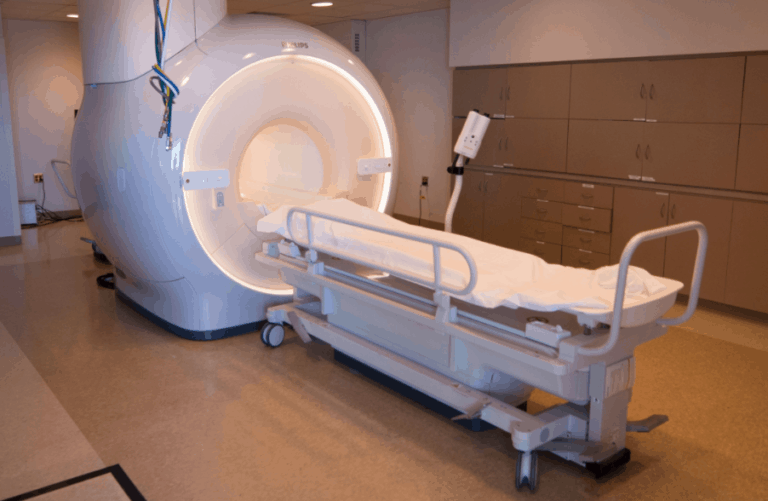
What is a TRUS Biopsy?
Question: What do transrectal ultrasound (TRUS) guided biopsy and MRI prostate scans have in common? Answer: Almost nothing. While both try to find cancer in a walnut-sized gland tucked away in the pelvic bed, there’s no comparison. Noninvasive MRI detects prostate cancer better than conventional invasive TRUS biopsy. In fact, multiparametric MRI (mpMRI) is so…
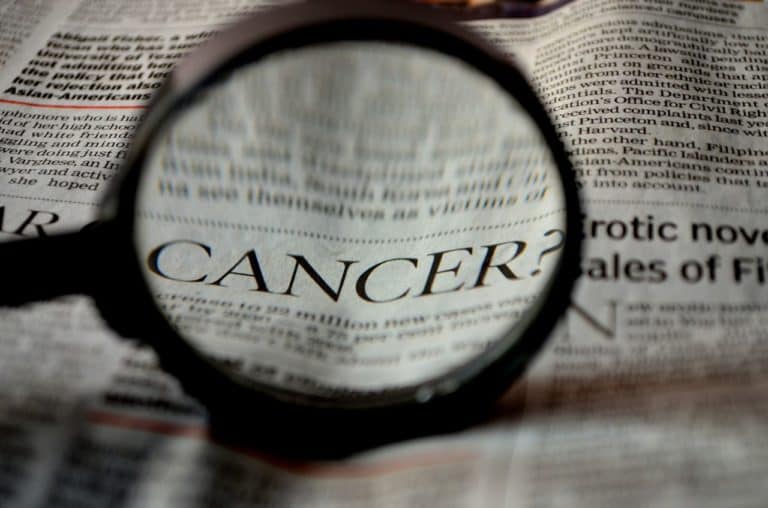
What are Some of the Signs of Prostate Cancer?
Prostate cancer ranks among the most frequent types of cancer in males. Physicians have tried to minimize the risk by including prostate examination in most men’s annual medical examination, but that’s not enough. Unfortunately, the majority of men don’t not know that they should be watchful and check for certain indications that betray prostate cancer…
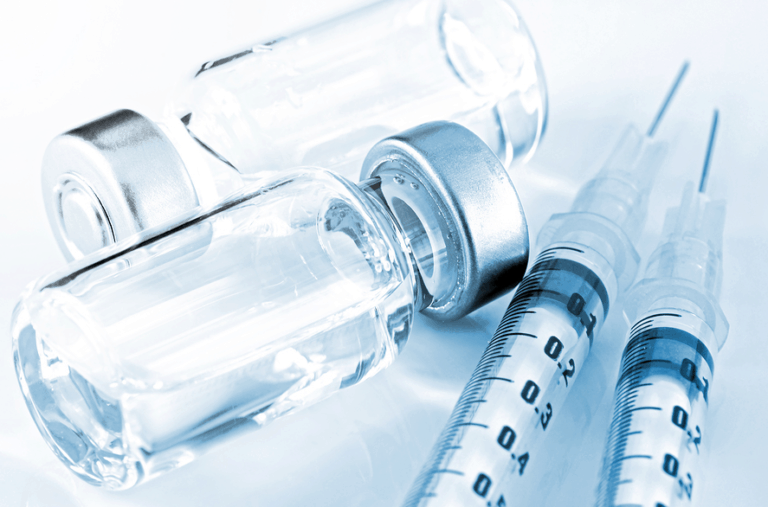
High-Grade Prostate Cancer Linked with Low Testosterone
A recent study by Ferro, et al. (2016) suggests that active surveillance patients with low testosterone (low T) may be harboring hidden aggressive prostate cancer (PCa). The Ferro team’s research sprang from previous reports of patients with high-grade, high-stage PCa who had low T at the same time. Ferro’s team wondered if testing for low…
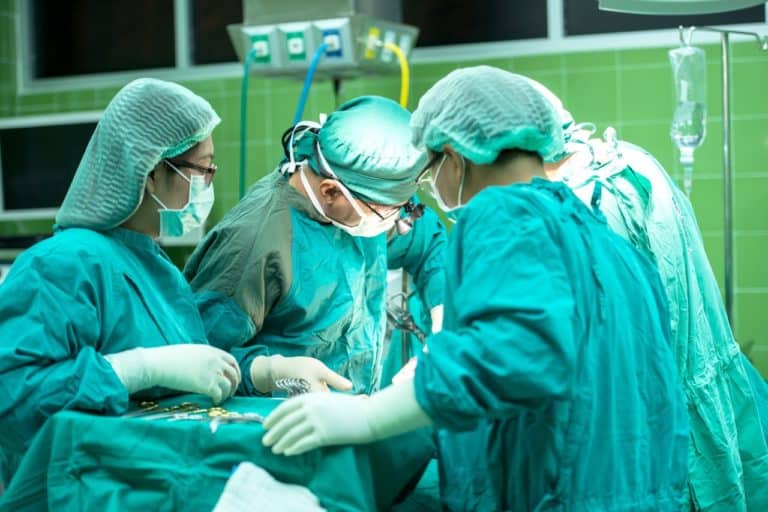
30-Minute Brachytherapy Just As Effective as Prostate Surgery
Would you try a treatment of brachytherapy for prostate cancer that took only about 30 minutes and was just as effective as surgery? Some men already have at the hands of British surgeons who developed the technique at the Royal Surrey County Hospital in Guildford. The 30-minute treatment for prostate cancer is an advanced form of brachytherapy, a…
